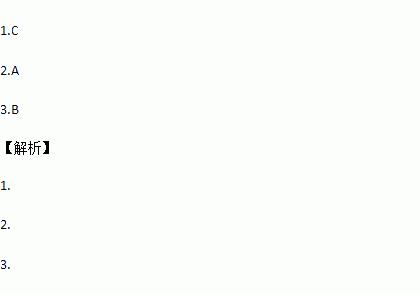题目内容
Many thousands of Chinese are studying at schools in the United States. And writer Liel Leibovitz says the students are following an example that began in the eighteen seventies.
Mr. Leibovitz and writer Matthew Miller joined forces to tell the story of the students in their book, “Fortunate Sons.” The book says China sent one hundred and twenty boys from 1872 to 1875 to America to learn about developments that could help modernize their country.
Mr. Leibovitz got the idea for the book about the boys a few years ago when he was traveling with his wife in China.
Mr. Leibovitz learned that Qing government sent a whole delegation (代表团) of boys to learn the ways of the West. The goal was for them to return to China and help their country.
The book says the boys received their American training in Massachusetts, New York, New Jersey and Connecticut. It must have been a very good education. Mr. Leibovitz says the first prime minister of the Chinese Republic completed this program. And so did the first engineer to build a large-scale railroad without foreign help. The same was true of the fathers of Chinese education, diplomacy and the Navy.
The book-writers had only to open some boxes containing the writings of these men to learn about them. Their notebooks, Journals, letters and postcards were in English. Mr. Leibovitz said he was lucky to have so much information from events that took place long ago.
The students returned to China after about nine years. They no longer spoke Mandarin (国语) well enough to answer questions. Police welcomed them home by putting them in jail. The young men were released after about a week. But they were given low-level jobs.
Mr Leibovitz says it took about ten years for them to rise to higher positions. He said their story continues today with large numbers of Chinese studying in the United States.
1.How many exchange children did Qing government send to America?
A. 1872. B. 1875.
C. 120. D. 210.
2.Qing government sent the boys to America because it .
A. wanted them to help their country
B. lost the war
C. expected them to destroy the culture of the West
D. wanted the Western to help the boys
3.Which of the following is NOT true according to the passage?
A. Many thousands of Chinese are studying at schools in America.
B. Some of the boys received their American training in California.
C. Police welcomed the boys home by putting them in jail.
D. One of the boys became the father of Chinese education.

